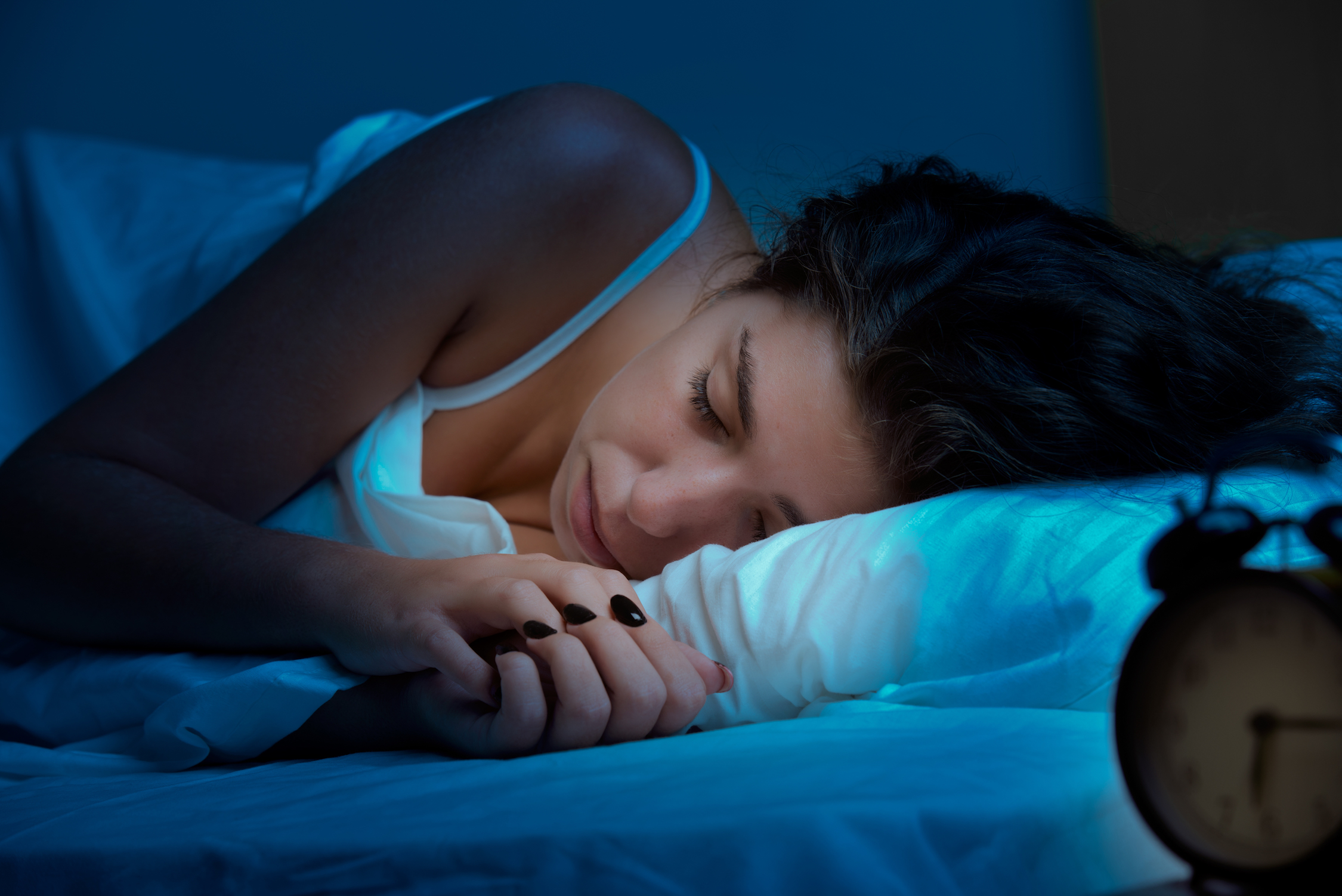
Your genes determine how long your body stays asleep
If you aren’t getting enough sleep, it can have a huge impact on your cognitive function, mood, behavior, and health and wellbeing. But interestingly enough, different people vary in how much sleep they need to be at their best.
Now, a new study has found that genetic differences could explain why some people need much more sleep than others to function at peak levels.
The research was performed by scientists from the National Heart, Lung, and Blood Institute, who used fruit flies that were bred to model the natural variations in human sleep patterns.
The results show how genes related to sleep variation are also connected to many other biological processes.
“The involvement of highly diverse biological processes in sleep duration may help explain why the purpose of sleep has been so elusive,” said Susan Harbison, the leader of the study.
The study was published in the journal PLOS Genetics.
The researchers bred 13 generations of fruit flies, purposely creating flies that slept for 18 hours a day or 3 hours a day.
“What is particularly interesting about this study is that we created long- and short-sleeping flies using the genetic material present in nature, as opposed to the engineered mutations or transgenic flies that many researchers in this field are using,” Harbison said.
The researchers then analyzed genetic data from the fruit flies, comparing the long and short sleepers to see if there were any differences between the two.
After comparing the data, the research team identified 126 differences within 80 genes that were directly associated with sleep duration.
The differences were connected to developmental and cell signaling pathways, and some of the genes identified were vital to brain development, learning, and memory.
The results also show that both groups of fruit flies had similar life spans, meaning that there weren’t any extra adverse effects with sleeping for shorter or longer periods.
This study shows why some people may need more or less sleep than others and could help with creating new treatments and therapies for sleep disorders.
—
By Kay Vandette, Earth.com Staff Writer












